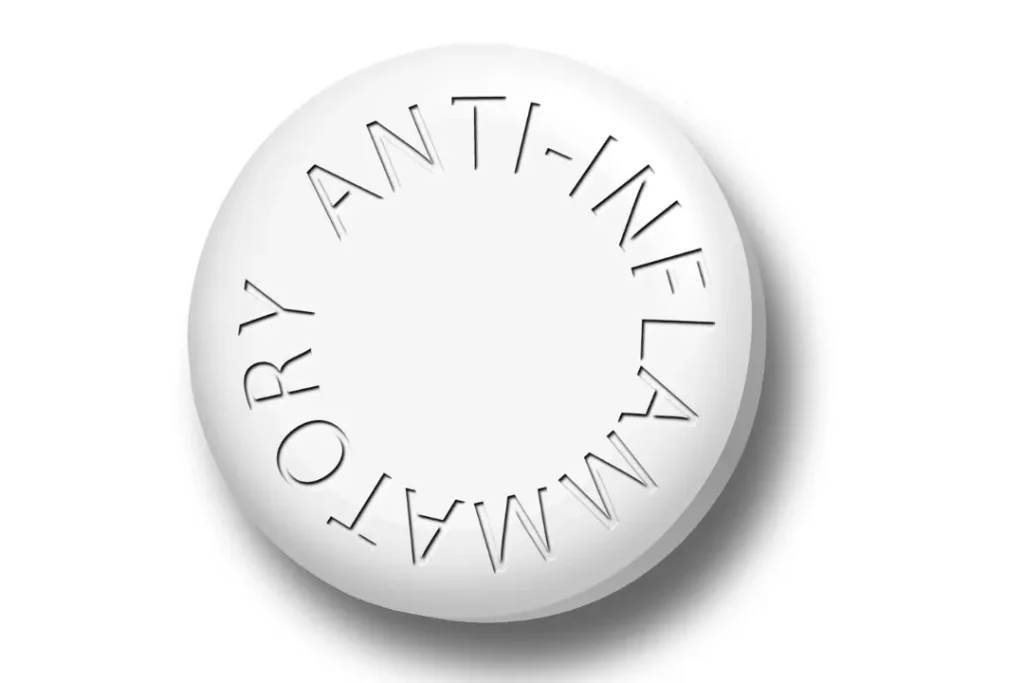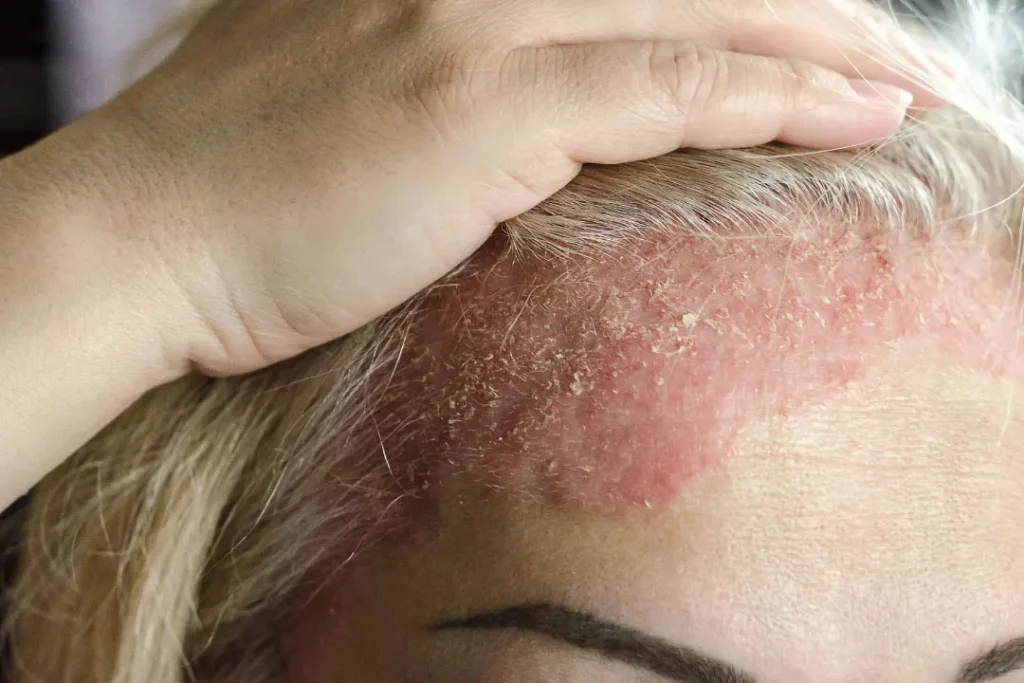There is a plant extract that is used largely for its fragrant qualities in perfumery, Cassie Absolute, also known as acacia farnesiana. This plant is also becoming more popular in complementary and alternative medicines.
This page explores Cassie Absolute’s special properties, potential health advantages, recommended dose, adverse effects, possible drug interactions, and responsible applications as a dietary supplement. Please continue to read for more information that may affect your choice to supplement your diet with Cassie Absolute.
You May Also Like:
Enjoy a Healthy Heart and Happy Life: Harness These Holistic Coenzyme Q10 Benefits
Nutrition for Memory Improvement: Implementing Dietary Changes to Sharpen Cognitive Processing
Cassie Absolute: Benefits, Dosage, Side Effects, Drug Interactions, and Other Important Information is an original (NootropicsPlanet) article.
The Nature of Cassie Absolute
The blooms of the perennial shrub Acacia farnesiana are used to make Cassie Absolute, which is indigenous to warm, tropical climates. The plant is a member of the Fabaceae family and produces bright clusters of yellow blooms. These blooms are bestowed with a sweet, balsamic scent that is highly prized in the fragrance business. Hexane is often used in the solvent extraction process to produce Cassie Absolute. The texture of the substance made as a result is a highly concentrated, viscous, and sticky product.
The chemical makeup of Cassie Absolute is mostly composed of aromatic chemicals and a range of volatile oils. Its chemical makeup is a big part of what makes it unique. Cassie Absolute’s main ingredients are combination of benzyl benzoate, benzyl salicylate, and a number of farnesene isomers. The unusual scent and possible medicinal qualities of Cassie Absolute are a result of its particular, distinct chemical composition.
Potential Health Benefits of Cassie Absolute
Despite the paucity of study focusing on Cassie Absolute, studies on related botanicals and the components that make up those plants point to possible health advantages. A number of medicinal qualities, including anti-inflammatory, antibacterial, and maybe neuroprotective benefits, have been linked to the main ingredients. The main ingredients in question include benzyl benzoate and farnesene.
For instance, benzyl benzoate has shown to have antibacterial action against a range of microorganisms, suggesting that Cassie Absolute may also have antimicrobial properties. Similar to this, farnesene, a sesquiterpene, has been linked in several studies to possess anti-inflammatory effects. This anti-inflammatory impact may have a wide variety of advantages given that inflammation is a prevalent symptom in many diseases.

Chemistry of Cassie Absolute
Chemically speaking, Cassie Absolute is distinguished by a special blend of aromatic chemicals and volatile oils.
Benzyl benzoate is a benzyl molecule known for its sweet, balsamic scent and possible medicinal benefits. The pleasant flowery aroma of Cassie Absolute is additionally enhanced by benzyl salicylate, an ester of benzyl alcohol and salicylic acid.
Sesquiterpenes like farnesene are formally recognized for having a variety of biological effects that prove beneficial to human health. Experts believe that Cassie Absolute’s potential therapeutic qualities are greatly influenced by the farnesene isomers it contains.
Physiological Mechanisms of Action
Although studies directly examining the physiological mechanics of Cassie Absolute are few, there still exists the possibility for some information to be gained through study of its main components.
One of the main ingredients of Cassie Absolute, benzyl benzoate, is renowned for its antibacterial properties. Researchers in this field hypothesize that it kills bacteria, fungi, and certain parasites by rupturing their cell membranes.
Additionally, benzyl benzoate has been used in medicinal applications due to its acaricidal qualities, or capacity to eradicate ticks and mites. It is used topically to treat diseases like scabies. Its ability to harm the parasites’ nerve systems is thought to be the reason it is effective as an acaricide.
Farnesene, another key element, has links to anti-inflammatory properties. This substance prevents the creation of pro-inflammatory cytokines, which are chemicals that encourage inflammation. Farnesene may be able to assist treat a variety of inflammatory disorders by lowering the levels of these inflammatory mediators.
It’s also significant for you to remember that Cassie Absolute’s fragrant qualities may support its usage in aromatherapy. The capacity of the olfactory system to affect the limbic system in the brain, which is involved in mood, emotions, and the stress response, is assumed to be the mechanism of action in this situation.
In conclusion, even though there has only been a nominal amount of specific research on Cassie Absolute, the known activities of its component chemicals point to a variety of plausible physiological modes of action. To comprehend these processes completely and the possible therapeutic uses of Cassie Absolute, further investigation is required.

Optimal Dosage and Administration
There isn’t yet a dose for Cassie Absolute prescribed or suggested that has proved to be the most effective for therapeutic usage. Due to its strong scent, Cassie Absolute is normally employed in meager quantities in aromatic applications. If taken for therapeutic reasons, please do so under the supervision of a professional to establish the proper dose depending on your requirements and tolerance.
Potential Side Effects
Cassie Absolute may cause skin irritation or hypersensitivity in certain people because to its intense scent and high concentration of active chemicals, especially when administered in excessive quantities or without the necessary dilution. Therefore, a patch test should always be carried out before broad topical treatment.
Due to the fact that Cassie Absolute contains benzyl benzoate, which has been shown to have no well-documented interactions with other medications, you should take care when using it with other medicines that could have a cumulative impact, such as other antibacterial or anti-inflammatory agents. As usual, please speak with a respected healthcare professional before beginning any new supplement program.

Responsible Uses of Cassie Absolute
Cassie Absolute may have health advantages, but its usage should be handled properly and in accordance with an awareness of any associated hazards. It is best used in tiny doses and always diluted if used topically since it is a strong botanical extract. Cassie Absolute shouldn’t be used internally except under medical supervision since it hasn’t been well examined in that capacity.
Cassie Absolute is an attractive topic for more investigation in natural supplements because of its distinct chemical composition and possible health advantages. Further research is needed to determine if its main ingredients, benzyl benzoate and farnesene, have any possible health advantages. To get the best possible health effects, however, their usage should be undertaken properly and with a mix of hope and caution, as with other botanicals.
Cassie Absolute:
Conclusion
Cassie Absolute is a reprieve for the senses as well as a potentially useful substance for internal processes. There is still a great deal to learn about it, from professional researchers to everyday consumers. Specifically, there is still much to learn regarding its physiological mechanisms of action, so please proceed with your usage differently than you might with a more well understood substance. In the meantime, please use it responsibly for aromatherapy and for light usage on your skin. Your mood should enhance, and that shift will have further positive consequences on your body and health.

References:
- “Isothiocyanates: An Overview of Their Antimicrobial Activity against Human Infections.” Retrieved From: https://pubmed.ncbi.nlm.nih.gov/29522501/
- “Cassie Absolute.” Retrieved From: https://www.webmd.com/vitamins/ai/ingredientmono-612/cassie-absolute
- “Farnesene.” Retrieved From: https://www.sciencedirect.com/topics/biochemistry-genetics-and-molecular-biology/farnesene
Important Note: The information contained in this article is for general informational purposes only, and should not be construed as health or medical advice, nor is it intended to diagnose, prevent, treat, or cure any disease or health condition. Before embarking on any diet, fitness regimen, or program of nutritional supplementation, it is advisable to consult your healthcare professional in order to determine its safety and probable efficacy in terms of your individual state of health.
Regarding Nutritional Supplements Or Other Non-Prescription Health Products: If any nutritional supplements or other non-prescription health products are mentioned in the foregoing article, any claims or statements made about them have not been evaluated by the U.S. Food and Drug Administration, and such nutritional supplements or other health products are not intended to diagnose, treat, cure, or prevent any disease.


